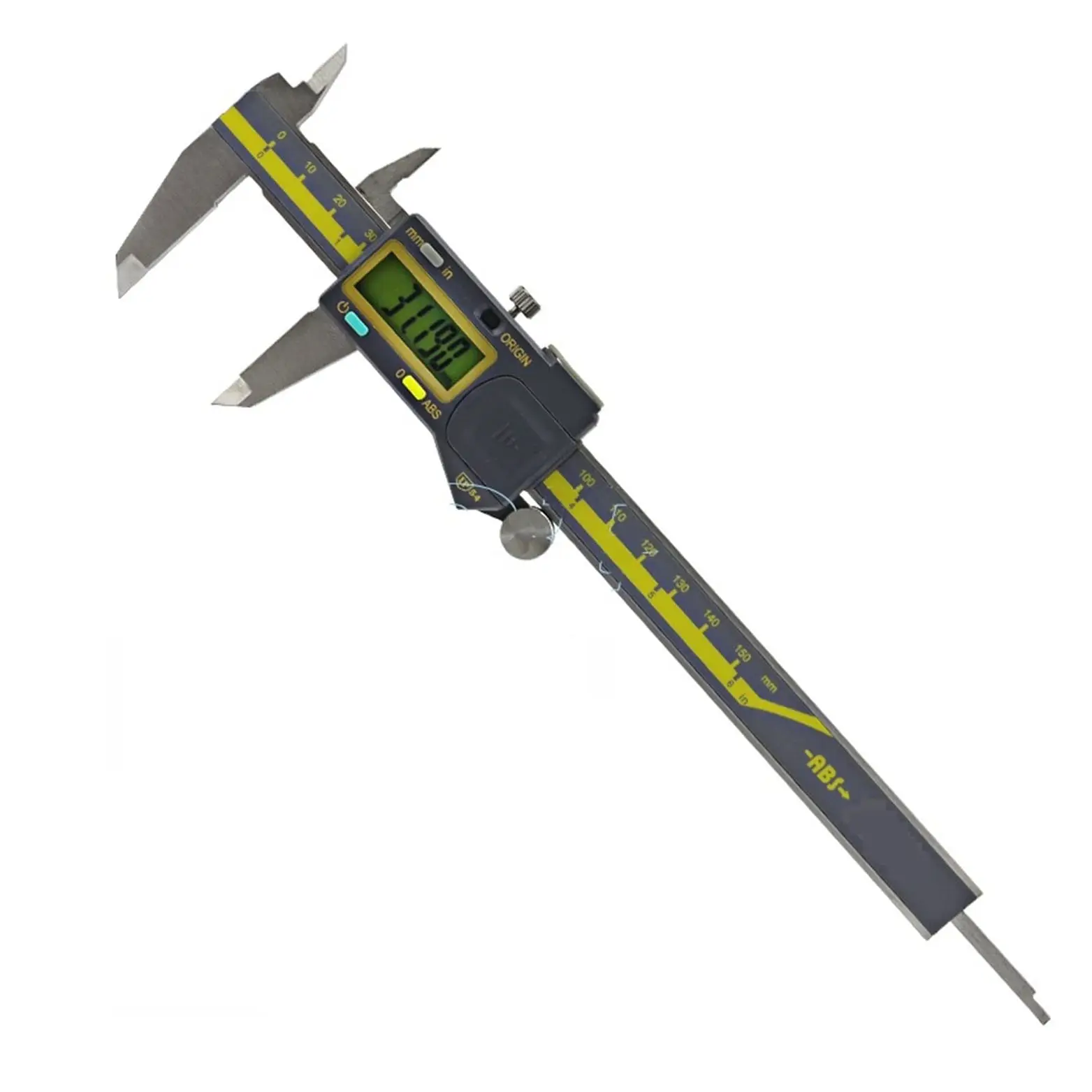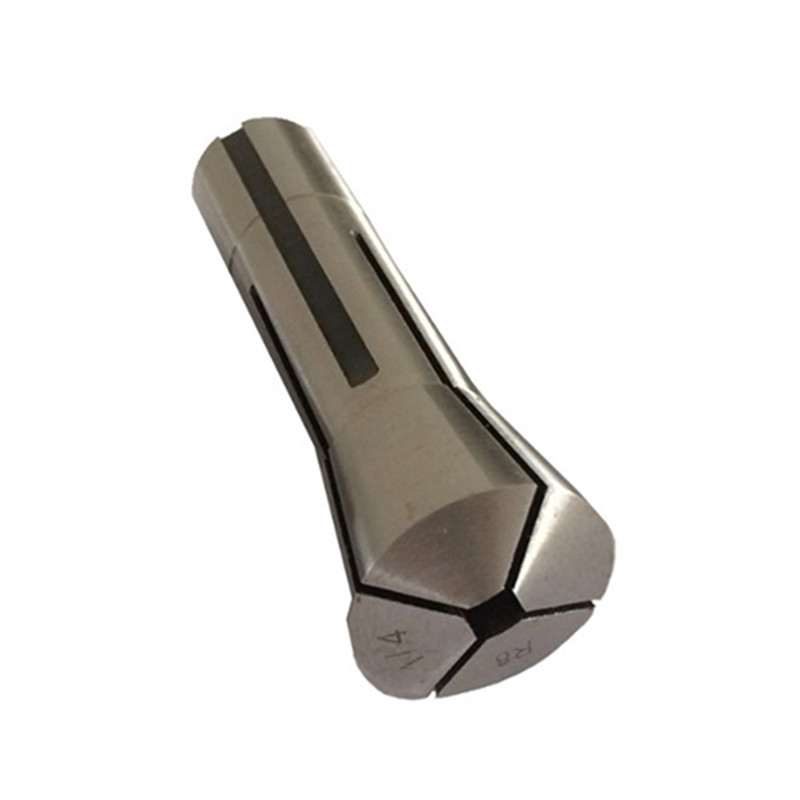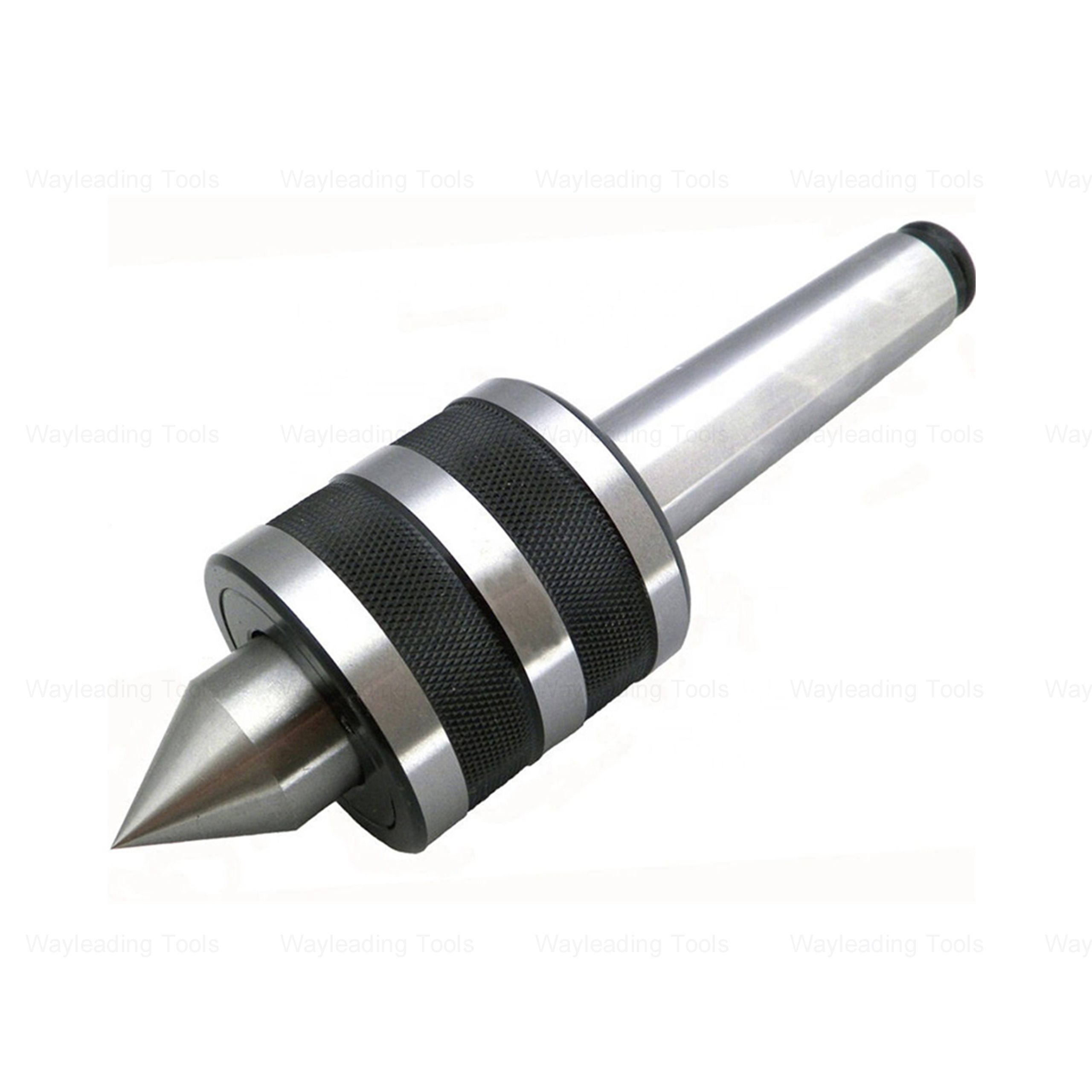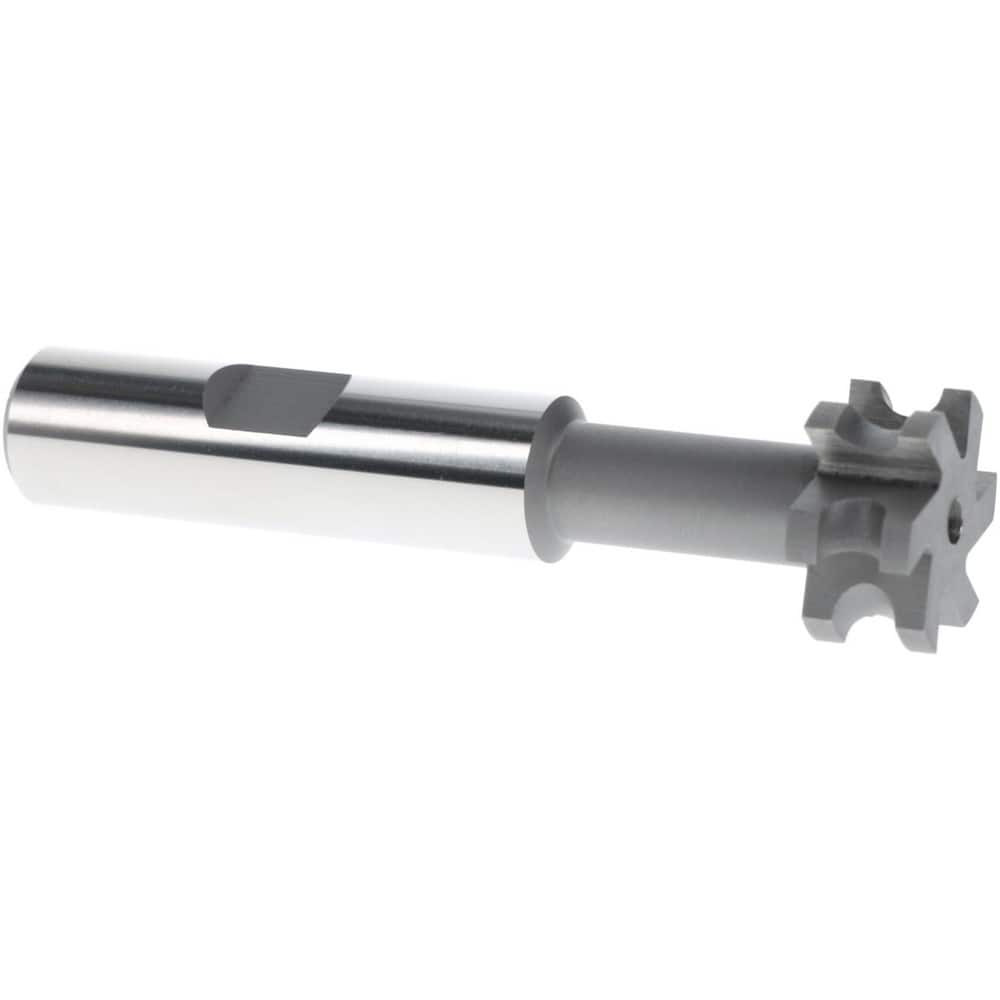5c step collets Manufacturer
5C step collets are essential tools in precision machining, used to securely hold workpieces of varying sizes and shapes during turning, milling, and grinding operations. They offer superior accuracy, rigidity, and versatility compared to other workholding methods, making them indispensable for achieving tight tolerances and high-quality finishes. This guide explores the features, applications, and selection criteria for 5C step collets, helping you choose the right collet for your specific needs.
Understanding 5C Collets
What is a 5C Collet?
A 5C collet is a type of workholding device commonly used in machine tools, particularly lathes and grinders. The '5C' refers to a specific industry standard for collet dimensions, ensuring compatibility across different machines and manufacturers. These collets are known for their precision, rigidity, and ability to securely grip workpieces.
Key Features of 5C Collets
- Accuracy: 5C collets offer excellent concentricity and runout accuracy, typically within 0.0002' (0.005mm) or better, enabling precise machining operations.
- Rigidity: The collet's design provides a firm and stable grip on the workpiece, minimizing vibration and chatter during machining.
- Versatility: 5C collets can accommodate a wide range of workpiece diameters and shapes, making them suitable for various applications.
- Ease of Use: Collets are relatively easy to install and remove, simplifying setup and changeover processes.
- Availability: Due to their widespread use, 5C collets are readily available from numerous manufacturers and suppliers.
5C Step Collets: A Specialized Solution
What are 5C Step Collets?
5C step collets are a specialized type of 5C collet designed with a stepped bore. This stepped design allows them to hold workpieces with larger diameters or irregular shapes that would not fit within a standard 5C collet's bore. The step provides a dedicated seating surface for the workpiece, ensuring secure and accurate clamping.
Advantages of Using 5C Step Collets
- Increased Workpiece Capacity: The stepped bore significantly expands the range of workpiece diameters that can be accommodated.
- Secure Clamping of Irregular Shapes: 5C step collets can effectively hold workpieces with shoulders, flanges, or other non-cylindrical features.
- Improved Machining Stability: The step provides a stable seating surface, reducing vibration and improving machining accuracy, especially when machining parts with an outer diameter larger than the standard 5C collet capacity.
- Reduced Setup Time: Instead of requiring custom fixtures for each unique workpiece, a set of 5C step collets can handle various parts, speeding up setup and changeover times.
Applications of 5C Step Collets
5C step collets are used in a variety of machining applications, including:
- Turning: Holding workpieces for turning operations on lathes.
- Milling: Supporting parts during milling processes on milling machines.
- Grinding: Securing components during grinding operations on grinders.
- Inspection: Holding parts for precision inspection and measurement.
- Second Operations: Machining features on pre-existing parts that require accurate holding.
Choosing the Right 5C Step Collet
Selecting the appropriate 5C step collet is crucial for optimal performance and accuracy. Consider the following factors:
Workpiece Diameter
Ensure that the collet's step diameter is slightly larger than the workpiece diameter. Check the collet manufacturer's specifications for the maximum and minimum workpiece diameters that the collet can accommodate. The Wayleading Tools catalog offers a wide range of 5C step collets with different step sizes to suit various applications.
Workpiece Material
The workpiece material can influence the choice of collet material. For example, softer materials may require collets with softer jaws to prevent marring or damage. Harder materials may require high-strength steel collets for optimal clamping force.
Machining Application
Consider the specific machining operation being performed. High-speed machining applications may require collets with enhanced vibration damping characteristics. Precision grinding may necessitate collets with extremely tight tolerances.
Collet Material
5C step collets are typically made from hardened steel. High-quality steel alloys provide excellent wear resistance and dimensional stability. Some collets may feature specialized coatings to enhance grip or reduce friction.
Collet Accuracy
Specify the required collet accuracy based on the application's tolerance requirements. Standard 5C collets typically offer runout accuracy within 0.0002' (0.005mm), while precision collets may achieve even tighter tolerances.
Maintenance and Care of 5C Step Collets
Proper maintenance is essential for prolonging the life and performance of 5C step collets:
- Cleaning: Regularly clean collets with a mild solvent to remove chips, debris, and cutting fluids.
- Lubrication: Apply a thin film of oil or grease to the collet threads and tapered surfaces to prevent corrosion and ensure smooth operation.
- Inspection: Periodically inspect collets for signs of wear, damage, or corrosion. Replace worn or damaged collets promptly.
- Storage: Store collets in a clean, dry environment to prevent rust and contamination.
Troubleshooting Common Issues with 5C Collets
Workpiece Slippage
If the workpiece is slipping in the collet, check the following:
- Ensure the collet is properly tightened.
- Verify that the collet is the correct size for the workpiece.
- Clean the collet and workpiece to remove any contaminants.
- Inspect the collet for wear or damage.
Poor Machining Accuracy
If machining accuracy is poor, consider the following:
- Check the collet runout.
- Ensure the collet is properly seated in the collet chuck.
- Inspect the machine spindle for runout or vibration.
Conclusion
5C step collets are versatile and precise workholding devices that can significantly enhance machining capabilities. By understanding their features, applications, and selection criteria, you can choose the right collet for your specific needs and achieve optimal machining results. Remember to maintain and care for your collets properly to ensure their long-term performance and accuracy.
Related products
Related products
Best selling products
Best selling products-
 CCMT Turning Insert For Indexable Turning Tool Holder
CCMT Turning Insert For Indexable Turning Tool Holder -
 Round Die Wrench For Thread Cutting Tools
Round Die Wrench For Thread Cutting Tools -
 Precision IP54 Digital Caliper With Data Output For Industrial
Precision IP54 Digital Caliper With Data Output For Industrial -
 R8 Square Collet With Inch and Metric Size
R8 Square Collet With Inch and Metric Size -
 5C Square Collet With Inch and Metric Size
5C Square Collet With Inch and Metric Size -
 DIN333A HSS Center Drills With Milled & Fully Ground Flute
DIN333A HSS Center Drills With Milled & Fully Ground Flute -
 High Precision Medium-Duty Live Center – Hardened Tip, Morse Taper Shank
High Precision Medium-Duty Live Center – Hardened Tip, Morse Taper Shank -
 Precision Vernier Caliper With Nib Style & Standard Style Jaws Of Metric & Imperial For Industrial
Precision Vernier Caliper With Nib Style & Standard Style Jaws Of Metric & Imperial For Industrial -
 5C Round Collet With Inch and Metric Size
5C Round Collet With Inch and Metric Size -
 Precision Monoblock Vernier Caliper – Metric & Inch, Industrial Use
Precision Monoblock Vernier Caliper – Metric & Inch, Industrial Use -
 Depth Vernier Gauge With Stainless Steel And Monoblock Depth Type
Depth Vernier Gauge With Stainless Steel And Monoblock Depth Type -
 Precision 10pcs & 12pcs Angle Blocks Set With High Quality Type
Precision 10pcs & 12pcs Angle Blocks Set With High Quality Type










